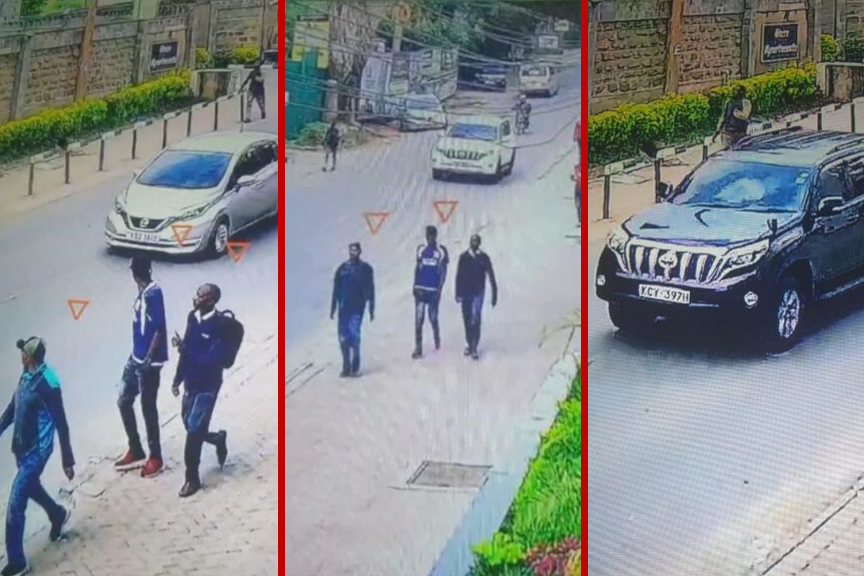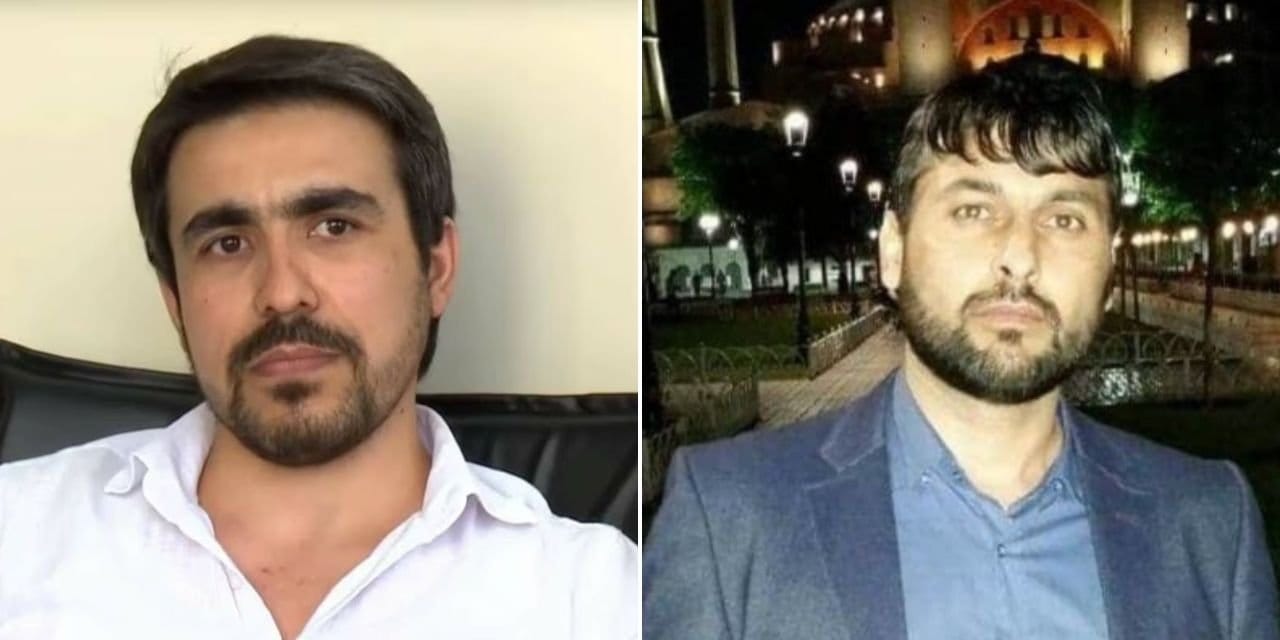Levent Kenez/Stockholm
Turkey carried out a global campaign in 2024 to locate, detain and repatriate from other countries individuals it accused of belonging to the Gülen movement, a group critical of Turkish President Recep Tayyip Erdogan, as well as dissidents, human rights defenders, political activists and journalists, according to the United States Department of State’s 2024 Country Reports on Human Rights Practices. The report states that there were credible accounts of Turkish authorities exerting bilateral pressure on foreign governments to take adverse action against specific people, in some instances without the safeguards of due process, and that Ankara knowingly cooperated with other governments in acts described as transnational repression.
The report said there were credible allegations that Turkish intelligence operatives abducted alleged Gülen members from foreign countries and returned them to Turkey to face trial. These removals were reported to have occurred without any legal process in the countries where the individuals were seized. The relatives of people who had left Turkey out of fear of politically motivated abuse told investigators that security forces had threatened and intimidated them in order to obtain information on the exiles’ locations or to encourage them to come back to Turkey voluntarily.
Findings that the Turkish government tried to use INTERPOL Red Notices as a tool to target individuals abroad were included in the report. It cited credible reports that such notices were sought for people accused of terrorism on the basis of limited or unsubstantial evidence. According to a February 20 article in The New York Times referenced in the State Department report, Turkey issued Red Notices for 773 people it identified as Gülen followers in 2021 and subsequently either canceled their passports or refused to renew them. The same reporting described Turkish use of INTERPOL’s database of lost and stolen passports to harass political opponents or to strand them overseas without travel documents.

The State Department described efforts to control the mobility of citizens living abroad as a means of reprisal. It said there were accounts of Turkish authorities refusing to renew the passports of citizens who held temporary residence permits in other countries when the government claimed those citizens were members of the Gülen movement organizations. As a result, those affected were often unable to travel beyond their countries of residence. A June publication by Freedom House documented cases in which critics and dissidents faced measures that limited their participation in society. These measures included bans on international travel, surveillance, blacklisting from employment or government services and seizure of property. Freedom House reported that individuals under open investigation were declared unfit to possess passports even before verdicts were issued and that some journalists released from prison were subjected to international travel bans as part of restrictive conditions.
The State Department report said there was evidence that Turkey applied bilateral pressure on other governments to secure assistance with the transfer of targeted persons without full due process and that such requests were often presented as part of counterterrorism cooperations. It cited an October incident in which Kenyan authorities confirmed the return of four registered Turkish refugees alleged to have ties to the Gülen movement at the request of the Turkish government.
The report described growing cooperation between Turkey and governments in Central Asia to carry out measures against political opponents. A March Radio Free Europe/Radio Liberty investigation found that Turkish authorities worked with Central Asian officials to detain, deport or deny refuge to human rights defenders, political activists and journalists seeking safety in Turkey. In February two Tajik political activists living in Turkey were reported missing, prompting fears they had been abducted and forcibly returned to Tajikistan. That same month Freedom House listed Turkey and Tajikistan among the top five most prolific perpetrators of transnational repression over the past decade.

Advocacy groups cited in the report said the environment in Turkey had become increasingly unsafe for Turkmen political activists and rights defenders. The University of Southern California Human Rights Advocacy Group and the Vienna-based Freedom for Eurasia said these individuals and their relatives were subject to surveillance, travel restrictions, discrimination and other abuses coordinated by the governments of Turkey and Turkmenistan. The groups reported that Turkish police had drawn up a list of 25 Turkmen migrants to be deported at the direction of the Turkmen Consulate in Istanbul.
The section on transnational repression formed part of a wider catalogue of human rights concerns in Turkey in 2024. The State Department identified significant issues, including arbitrary or unlawful killings, torture, arbitrary arrest or detention and the recruitment or use of children in conflict by armed groups abroad that are supported or backed by the Turkish government, as well as severe restrictions on freedom of expression and the media. It described violence and threats against journalists, unjustified arrests and prosecutions, censorship and the use of broad legal provisions to criminalize criticism of the state, the president, public officials or certain religious values.
The report said that while local elections in March allowed citizens to vote freely among genuine political alternatives, concerns over media bias, censorship and restrictions on freedoms of association and expression created an uneven political playing field that favored the ruling party. Opposition candidates did win many local seats and mayoralties despite these conditions.
Text of the US State Department’s 2024 Human Rights Report on Turkey:
It noted that the authorities prosecuted and jailed journalists, often on terrorism charges linked to their reporting on the Gülen movement and the outlawed Kurdistan Workers’ Party (PKK). Hundreds of people were convicted for speech deemed insulting to the president or other officials. The government was reported to have blocked news websites, social media content and virtual private networks as well as monitoring private online communications.
The State Department also highlighted problems with prolonged pretrial detention, particularly in politically sensitive cases, saying it sometimes exceeded maximum legal limits and appeared to function as a form of punishment without conviction. The report said detainees accused of terrorism could be held for extended periods before trial and that lawyers representing such defendants sometimes faced charges themselves.
In the prison system, the Human Rights Association reported tens of thousands of rights violations in 2023, including torture, mistreatment, arbitrary restrictions and denial of parole to political prisoners. There were accounts of beatings, strip-searches, limits on outdoor activities and interference with inmates’ communication with lawyers and families.
The report documented anti-union discrimination, the firing of striking workers and weak enforcement of labor standards. Migrant and informal-sector workers often lacked legal protections and access to unions. Workplace safety was described as inconsistently enforced, with high rates of fatal accidents in construction, agriculture and mining.
The State Department noted ongoing restrictions on Kurdish cultural expression, incidents of antisemitic rhetoric and cases of early and forced marriage in some communities. It also cited allegations of police misconduct in operations targeting undocumented migrants and concerns about the voluntary nature of refugee returns to areas of Syria under Turkish control, which the United Nations has not deemed safe for mass repatriation.
The document concluded that Turkey took only limited steps to identify and punish officials implicated in human rights violations, whether the alleged abuses took place in the country or as part of the overseas operations described in the transnational repression section.












